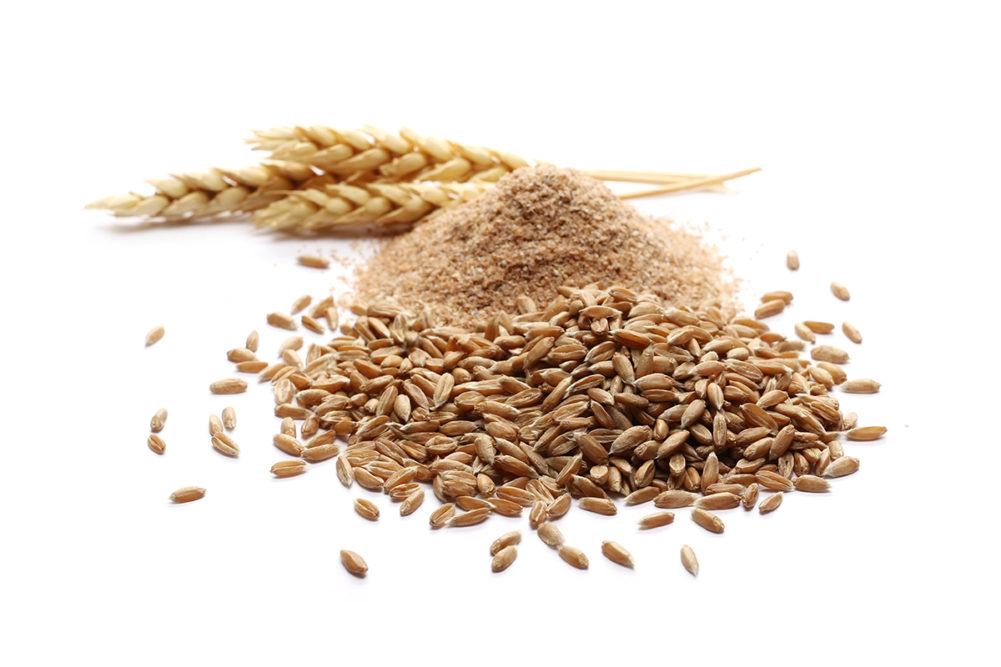
Over the last 30 years, numerous grain-based foods startups have injected excitement and energy into the baking and related industries. Two late October announcements suggest entrepreneurs see the category as ripe for more dramatic change.
To different degrees, disruption has touched many corners of the food and beverage industry as evidenced by the emergence of brands such as Chobani, Starbucks, Blue Buffalo, Beyond Meat and Aldi. Similarly, in flour-based foods, numerous startups that have gained a foothold included Annie’s, Dave’s Killer Bread and Canyon Bakehouse. While these and other startups have been impactful, it’s also true the industry has yet to experience transformational business changes wrought by companies such as Amazon.com in retailing, Uber in car transportation, Airbnb in hospitality and Netflix in media.The two October announcements, appearing in the Nov. 2 issue of this journal, could hardly be more different from one another, but each emphasized the importance of technology as a key to success in the baked foods market. The first was an agreement by FGF Brands Inc. to acquire much of the Weston Foods business of George Weston Ltd. for $1.2 billion. The second was the introduction of Hero Bread sandwich rolls at Subway restaurants.
Toronto-based FGF has grown in 17 years from a company with six employees to a business with more than 3,000 in locations across North America. Established by Sam Ajmera and his sons Ojus and Tejua, the company sells a variety of products, including flatbread under the Stonefire brand. A native of Mumbai, the elder Mr. Ajmera may be characterized as a serial baking entrepreneur. In 1994 he sold Dough Delight, a producer of bagels and croissants, to Canada Bread. He established Dough Delight 20 years earlier with his brother Shreyas.
At FGF, the Ajmeras boldly declare that they “harness emerging tech to redefine what’s possible.” Calling itself a a ”technology company that bakes,” FGF utilizes robotics, artificial intelligence and supply chain solutions to succeed in baking. Allied suppliers laud the company for its “pristine reputation,” for a “powerful corporate culture” and for investing heavily in automation. Amid a labor crisis, FGF appears to be choosing an opportune moment to test whether it can parlay its technological know-how into a competitive advantage as it expands into a more conventional portfolio of baked foods than the company has produced to this point in time.
Also featuring a technology-forward business, the second announcement involves the pilot at a handful of Subway stores around the United States of sandwiches on rolls made in Chicago by Hero Labs, Inc. Established in 2017 by chief executive officer Cole Glass, San Francisco-based startup Hero Labs describes itself as a food tech company and recently raised $30 million with high-profile investors who include football star Tom Brady and basketball star Kevin Durant. Mr. Brady, whose diet famously eschews bread, appears in a commercial for Subway’s new sandwich, saying, “I’m pumped to get back to bread, all because of Hero.” The bread, which contains 1 gram of net carbohydrates, 26 grams of fiber and no sugar, is made with ingredients including modified wheat starch, wheat protein and flaxseed.
It is far too early to declare the Hero sandwich rolls at Subway will be perceived widely as more desirable than other gluten-free or keto-friendly bread analogues. The trial currently underway is set to continue through mid-December. Similarly, few if any companies devoted more resources to prospering in baking over the last 25 years than George Weston Ltd., with endeavors that included the major 2001 acquisition of the Bestfoods baking assets. It remains to be seen whether FGF will enjoy greater success with the business. Still, the funds directed toward these initiatives demonstrate that investors see the baking market as highly lucrative for companies that effectively institute technological change.





